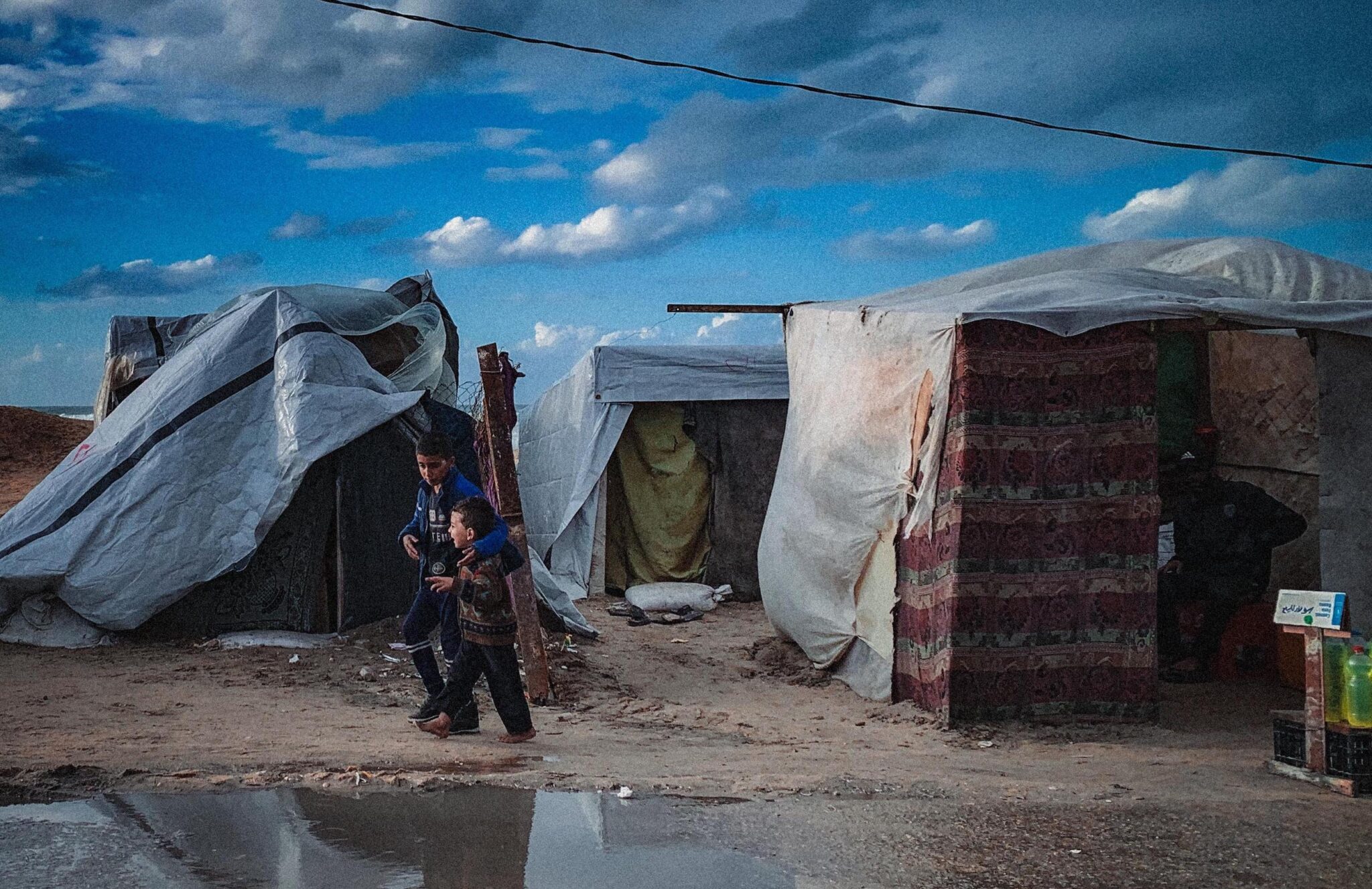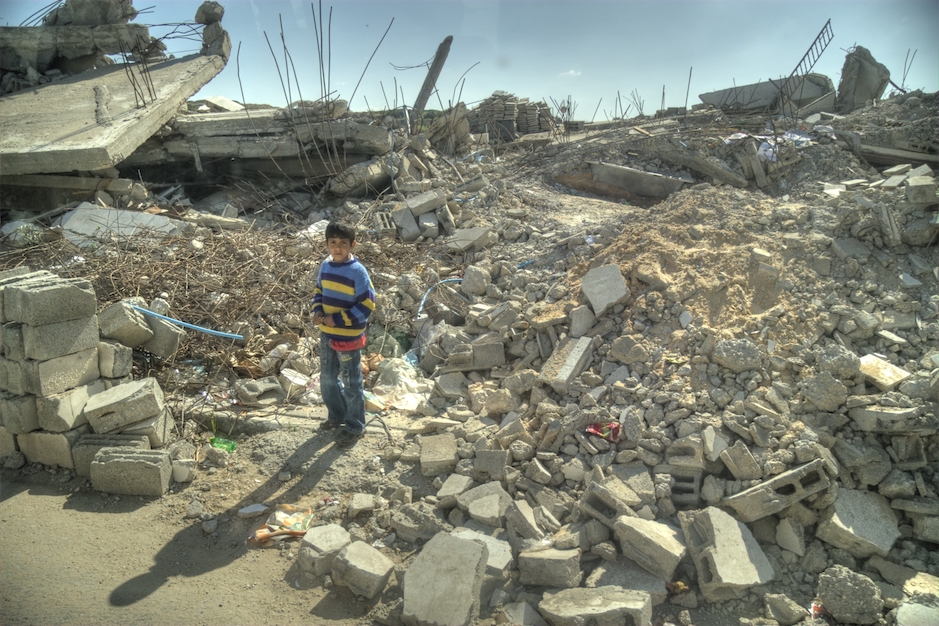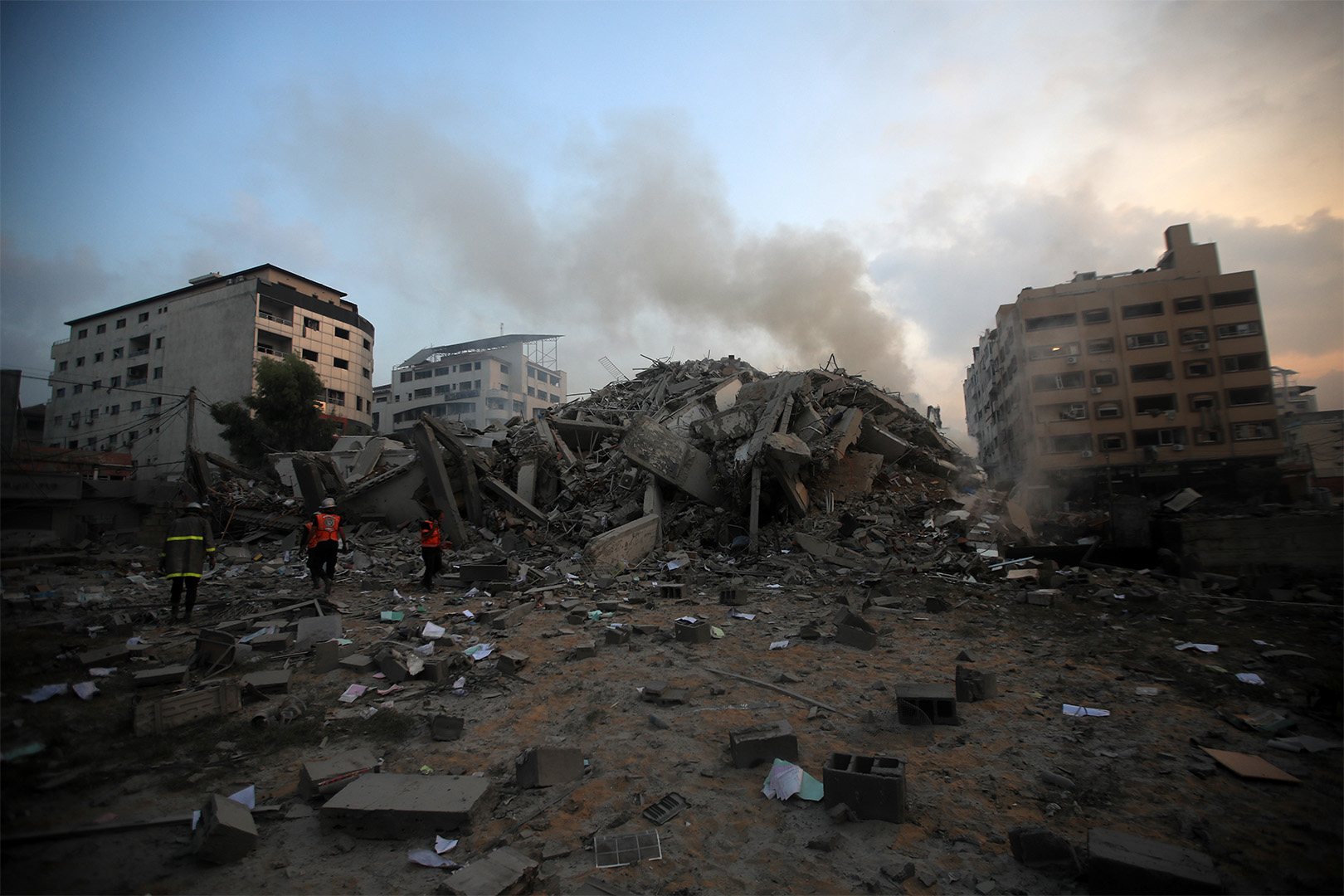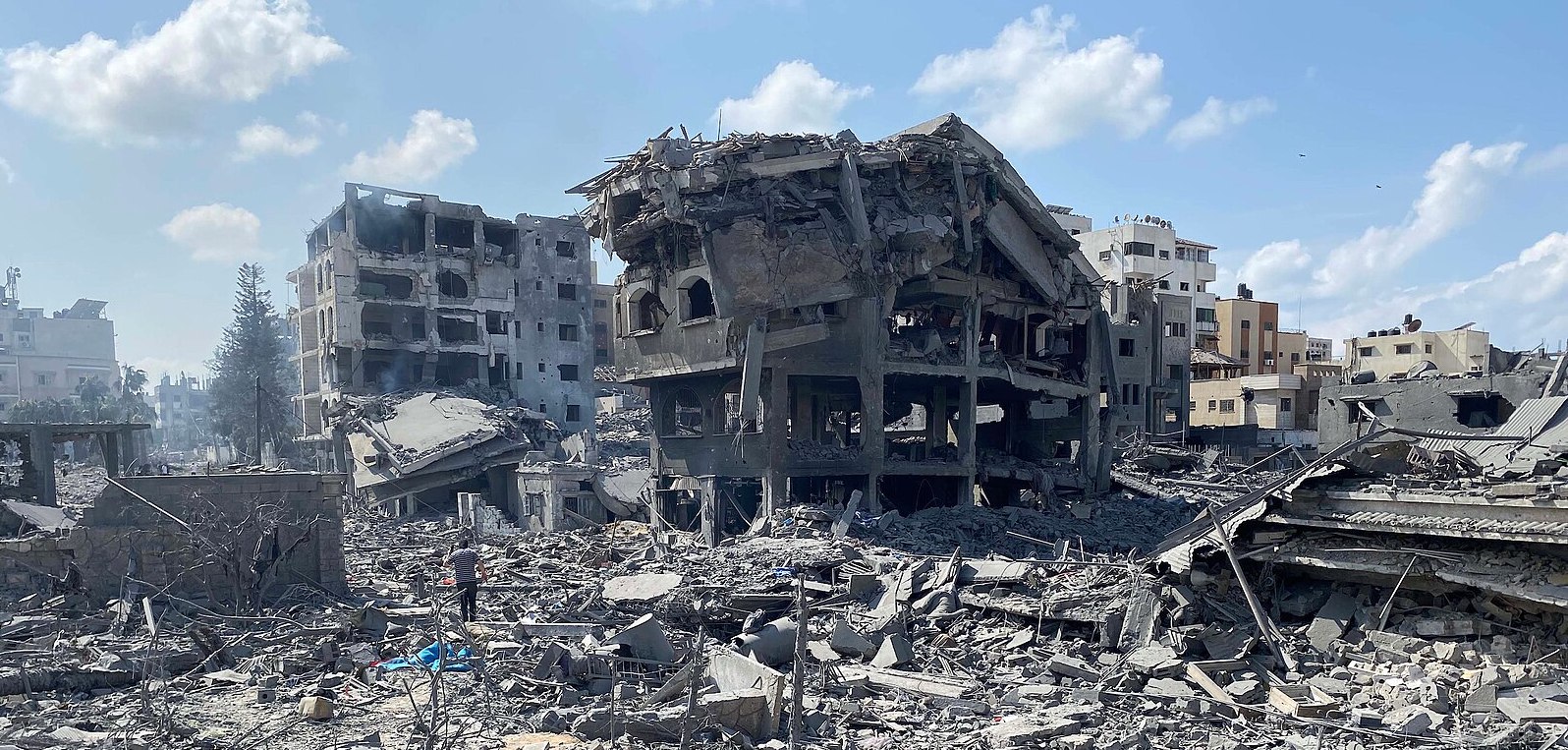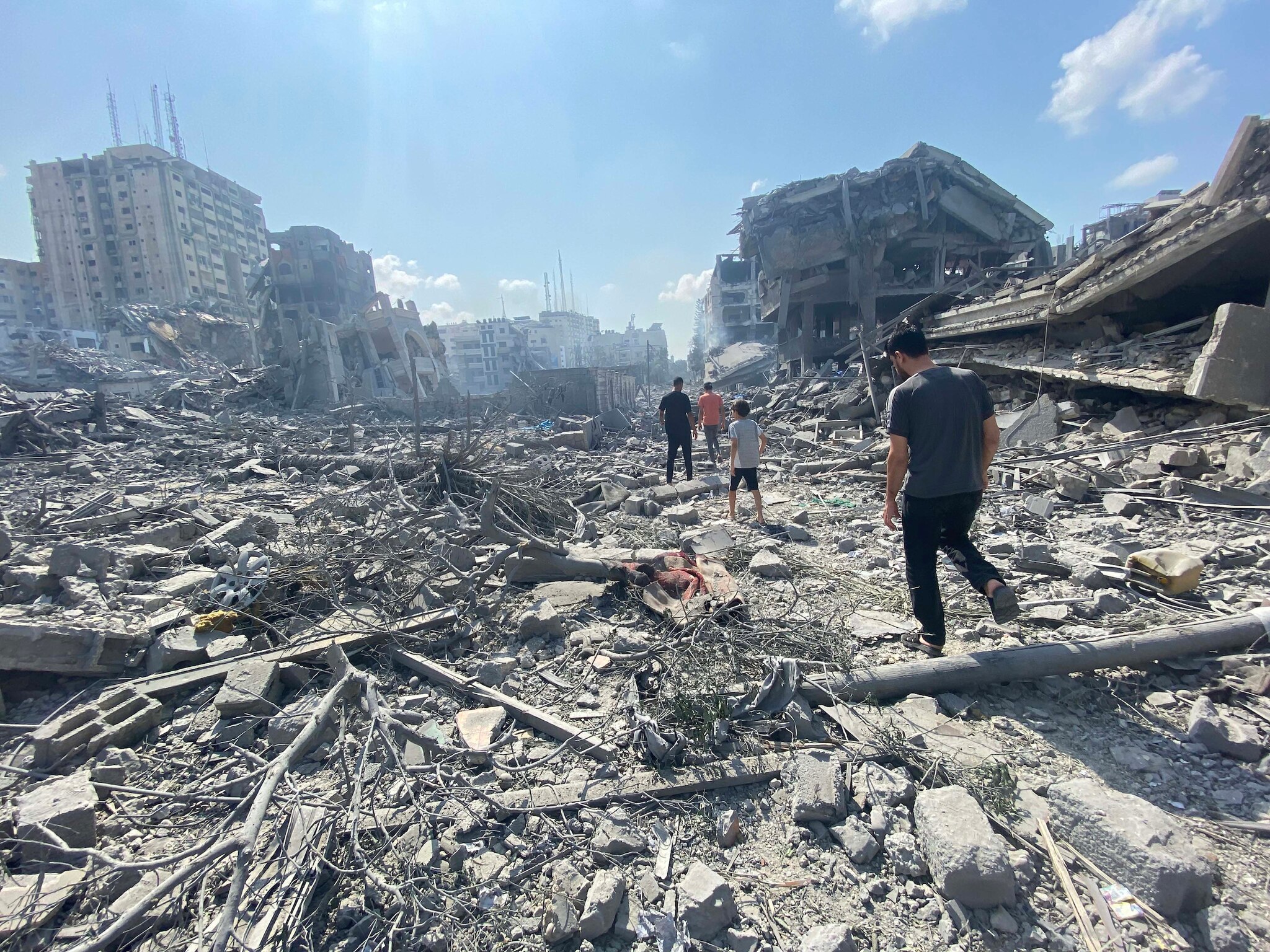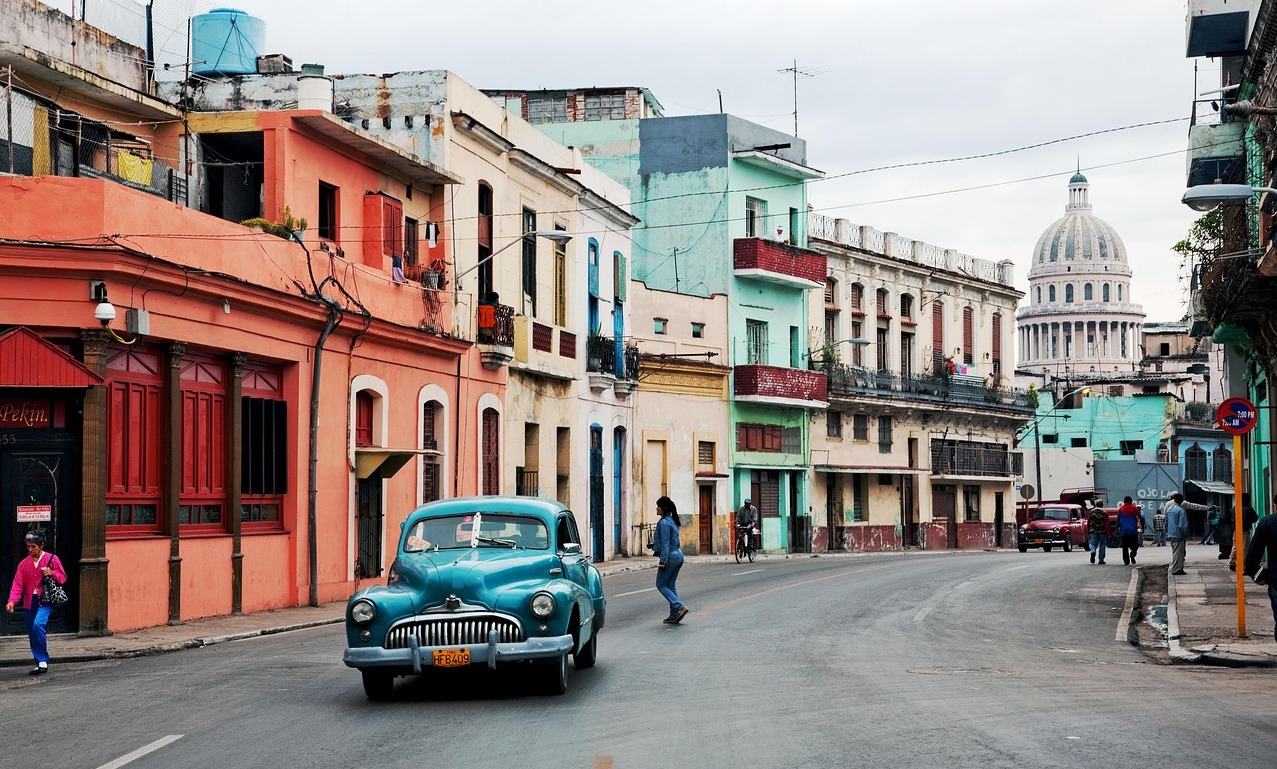
Will US-Cuba deal survive Trump?
Outgoing President Joe Biden informed Congress in his final days in office that he would lift the US designation of Cuba as a State Sponsor of Terrorism (SSOT), as part of a deal facilitated by the Catholic Church to free political prisoners on the island. The Cuban government announced it would release 553 prisoners who had been jailed in connection with the 2021 protests on the island. However, the durability of the deal was immediately cast into doubt. Just one day after the policy change, Republican Senator Marco Rubio, Trump’s pick for Secretary of State, said during his Senate Confirmation hearing that Cuba belongs on the SSOT list. (Photo: Falkenpost/Pixabay)



